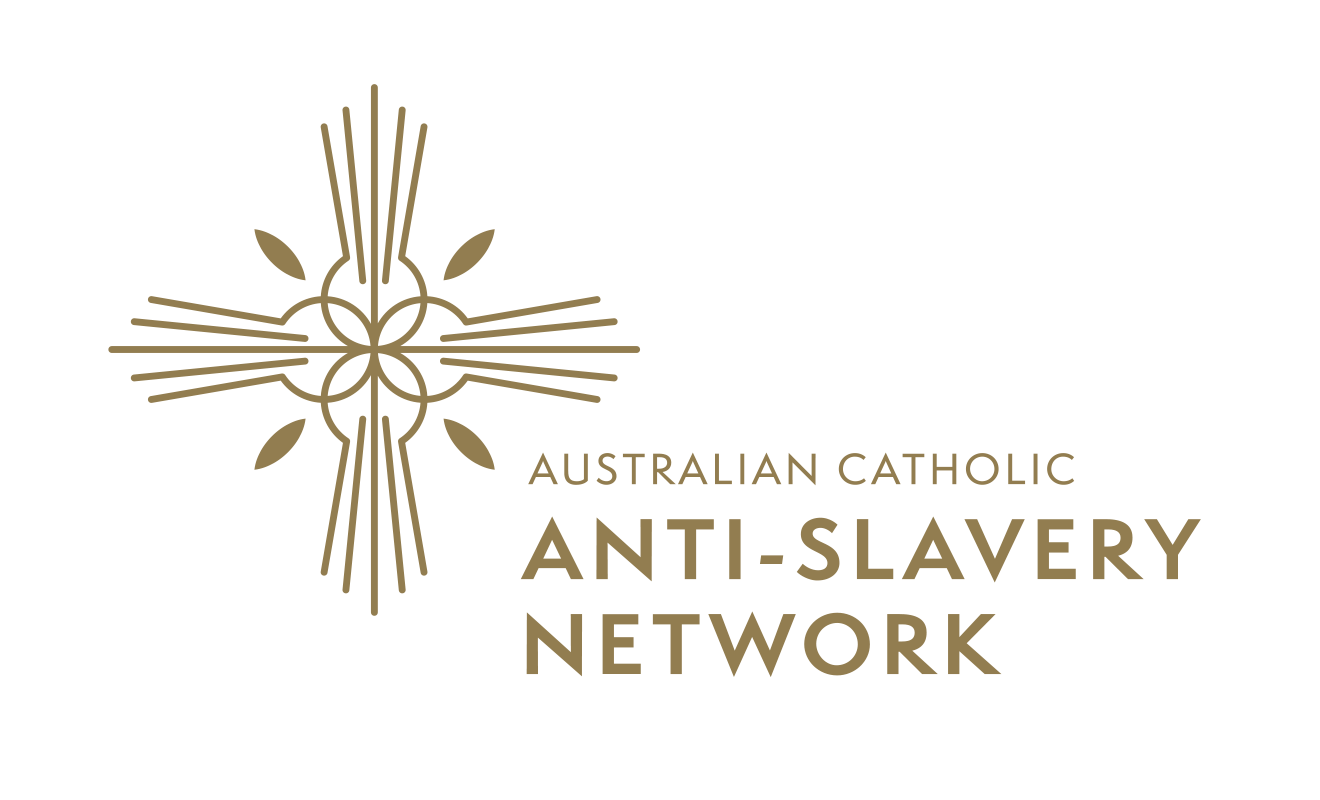Dr Fiona McGaughey Christmas Keynote Reflection
By Dr Fiona McGaughey, Associate Professor of International Human Rights Law at the University of Western Australia
10 December - Aquinas College, Perth.
Thank you to Sister Veronica for the Welcome to Country. I would like to acknowledge that we are speaking here on Whadjuk Noongar Boodja and pay my respects to elders past and present, including those here this evening. I was really pleased to see the Magnificat in the programme this evening written in the Noongar language. The Irish share a deep empathy with colonised Indigenous peoples in Australia but also acknowledge the harms we caused here.
In acknowledging the traditional owners of this land, I also note that Indigenous peoples here have survived practices we now call modern slavery and in speaking about modern slavery, we must acknowledge the enduring legacies of coerced labour, exploitation and other practices today described as modern slavery, on Aboriginal and Torres Strait Islander peoples.
On the question of culture and language, I had the opportunity to attend a round table with Uiyghir survivors (a persecuted minority) of Chinese camps in the Xinjiang province recently. One of the activities at those camps is state-sponsored forced labour – which is why the US and others have banned imports from Xinjiang. Alongside the many human rights abuses the survivors spoke of, they noted the banning of Uiyghir cultural and ethnic identity, the banning of the language and the removal of children from their families. All too familiar.
Patterns of dominance, exploitation and abuse repeat themselves across history and across the world. Stephen Jay Gould an American scientist and historian of science famously said: “I am, somehow, less interested in the weight and convolutions of Einstein's brain than in the near certainty that people of equal talent have lived and died in cotton fields and sweatshops.” And of course, we here in Australia and elsewhere benefit from that slave labour. We are all interconnected.
When I listened to these survivors recently, the female survivors spoke of the unique experiences of women in the camps who were subjected to medical examinations, forced sterilisation, forced medication to stop menstruation and breastfeeding, rape and sexual assault.
So, today on international human rights day, we see that clearly modern slavery is a human rights issue and an issue that disproportionately affects women. An estimated 6.3 million people are in situations of forced commercial sexual exploitation at any point in time and nearly four out of every five people trapped in these situations are girls or women. An estimated 22 million people live in situations of forced marriage, another issue that disproportionately impacts on girls and women. Once forced to marry, there is higher risk of violence, sexual exploitation, domestic servitude and other forms of forced labour - inside and outside of the home.
To return to the testimonies of the survivors from Xinjiang, one of the men described being chained 24 hours a day, seeing no sunlight and having little sleep. It reminded me of the poem by Irish poet Sean O’Riordan, entitled An Doircheacht or ‘The Dark’.
If you’ll indulge me, I’ll read some of the poem:
As I lie in bed tonight Ag luí dhom im leaba anocht
The blindness of night in my eyes Is daille na hoíche ar mo shúlibh
I think with neither anger nor emotion Smaoiním gan feirg gan tocht,
With never a tear on my cheeks Gan oiread is deoir ar mo ghruannaibh
Of each light in my life which has been snuffed out Ar na soilse do múchadh im shaol
So how do we move from the darkness on this issue and to return to this evening’s theme, lean towards the light?
Romans 13:12 says, “The night is far spent, the day is at hand: let us therefore cast off the works of darkness, and let us put on the armour of light.” Peter Benenson, English lawyer and founder of Amnesty International the world’s leading human rights NGO at a Human Rights Day ceremony on this day, 10th December 1961, said ‘“It’s better to light a candle than to curse the darkness”. And so all of us must light a candle on this issue and continue to advocate for the human rights of all people and peoples. Human rights are universal, indivisible and interdependent and interrelated. Decision-makers must ensure we have adequate laws in place and that those we do have are effectively used. Women must always be given a voice and I would like to thank the organisers who ensured that was the case this evening.
I see immense hope and light radiating from our young people who have also grappled with darkness in their lifetime. And yet, they are leading the way in areas where we have not always done well. We see light in their concern for the environment and for climate change, we see hope in their inclusivity – truly valuing the inherent dignity of each human person irrespective of their ability or disability, their ethnicity, their gender identity or sexual orientation. We must support them in their education and I am pleased to see that Catholic Mission supports projects providing education to vulnerable women and I agree that education is an important part of the response to addressing modern slavery, empowering women, and leaning towards the light.

